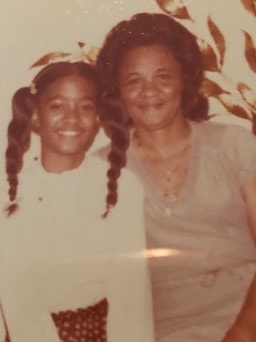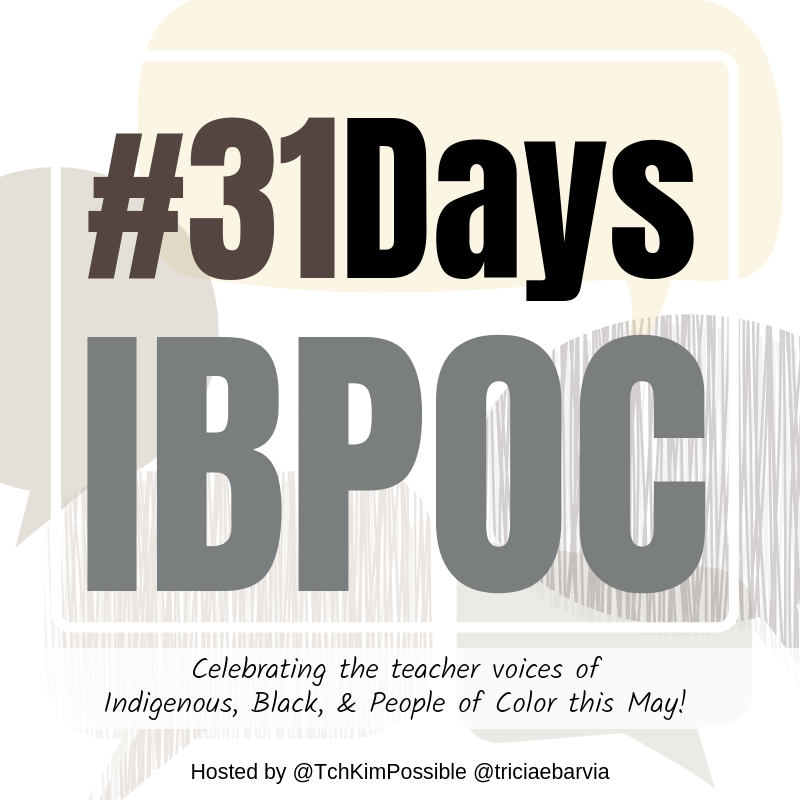|
Days ago, I was talking to a friend whose mother is visiting for Mothers Day weekend. She told me that her mother looked at her with “adoration and fearfulness”, and these words sent me deep into tales of family history. My friend, like many women of color, is facing the predictable repercussions of speaking truth at work and disrupting inequitable systems. But those words – adoration and fearfulness – seem to be at the heart of so much my family’s story. Here is a small part. My Mother’s Story My mother was an only child who grew up in a small town in Mississippi. Her mother ran a country store. People from all over the community, Black and white, would come to buy from my grandmother. She gave them a fair price, and, when they could not afford their purchases, she made sure they got what they needed, paying when they were able. Beloved and trusted, she offered advice, love and compassion. And, she knew everything that happened in that small town. My mother, her only child, was outspoken and strong-willed. She excelled in school, entering Jackson State University at sixteen. While there, she was active in student life, which often meant political pursuits. She was a Freedom Rider, among a group of college students who rode buses with Black passengers seated in front, and white ones in the back. She was fearless as she moved through the world. (She also dove into the deep end of a pool while on her honeymoon with my father, knowing full well she could not swim, but also confident that if swimming didn’t come naturally, my father would save her.) When my grandmother found out, she warned my mother of the danger of her actions. Undaunted, my mother continued. It wasn’t long until my grandmother received word that my mother was on “a list” of “disruptors”, which meant she was targeted and in danger. Southern trees bore strange fruit all the time. I believe she looked at my mother both with adoration and fearfulness. She couldn’t help but be proud of her resistance, but the mother in her also sought to protect. As soon as she graduated college, my grandmother put her on a train with a choice of two destinations: Chicago or Los Angeles. They said their goodbyes, both knowing that my mother would never take residence in Mississippi again. She found herself on UCLA’s campus at nineteen and enrolled in a teaching credential program. UCLA was recruiting graduate students of color at the time, so the timing was convenient. She would eventually finish the program, begin work as an elementary educator, and meet and marry my father. Her activism continued in California as she entered a segregated school system, fighting for equitable conditions for students and colleagues. Once I was born, her only child, she tempered that activism. Much like my grandmother, my safety was now her primary concern. She made sure that we were never in the same school system for fear that her actions would punish me. Her activism didn’t cease, but it did go underground, as she carefully chose her battles. I remember her picking me up early from school one day, to take me to “the Board”. I didn’t know what that meant, but it involved me taking a test. I would later find out that after she repeatedly petitioned the school for gifted testing for me, she continued that fight at the district level. When they finally relented and gave me a special test administration all by myself, the superintendent himself gave it. The next week, I began receiving gifted services. That is how my mother rolled. She got things done through becoming a policy expert, and learned how to advocate for me and so many others while keeping us out of harm’s way. She was that teacher – the one so many students of color could call "Mom" – the one who looks out for you even when you are not their student. My Story We visited Mississippi every summer, and, coming from California, it was like travelling back in time. The dirt roads were replete with rocks that made car trips long and dusty. Not having indoor plumbing was humbling, and no street lights made it scary. But for my mother, being home was like breathing again. Her Southern code-switching was confusing at first, especially since the educator in her demanded and expected perfect grammar from me. My grandparents lit up around my mother, and all my relatives looked upon her with a certain esteem that made me proud. When my grandmother died, a bit of my mother died with her. I don’t think there was regret between them; they talked by phone daily, left nothing unsaid. But, as my father would often tell me, there is no love like that between a mother and child. My mother was different – permanently altered, just as I was when my own mother died. The difference was, that I did have regrets. I was newly married and had no idea what I was doing. So many questions I had not asked. How would I be a good wife, let alone a good mother? How would I raise fearless children when I was so full of fear about not doing it right? I wonder now, how much time apart did racism cost my mother and grandmother? How much time will be stolen from my children and I? - - - - - - - Fast forward to present day. Both my children were raised in the South. My first-born is a daughter, who has proven to be fearless. After receiving her graduate degree in a few weeks, she will embark on her career in a different state. Yesterday, we spoke of the recent passage of the heartbeat law in our state. Those familiar feelings passed down from my grandmother – adoration and fearfulness – came into consciousness. She is such a better version of myself in that she is driven, ambitious, and knows exactly what she wants. Her courage and strength are admirable. Yet I fear that this country is still not a safe place for her as she begins her career. The more things change… I heard myself explain that because of this I do not want her to move back home. For her to maintain agency over her own body, her dignity and self-respect, she must move away and not return. We both agreed. Chills. As for my younger son, also in college, he knows the routine. Since he was able to drive, I required check-in phone calls to report location changes. As a Black man, his very existence is not guaranteed. Every trip home from college means I hold my breath for six plus hours. Until he is home. Until he is safe. But even the safety of home is an illusion. At age 20, he has stories of racial profiling. As I write this, the gospel song No Greater Love is playing in my head in the background. I have heard these lines so many times in church: Jesus went to Calvary To save a wretch Like you and me That’s love, that’s love And for me, that’s motherhood. It is sacrifice. And activism. And protection. Because we are raising warriors who faithfully will bring liberation for us all. I am thinking quite a bit about motherhood and what that means for women of color, especially Black women. When we are young, home is where mother resides. It is the place of safety and protection. For both my mother and I, the passing of our mothers meant the absence of safety. What kind of love does it take to send your child away from you? What kind of strength does it take to continue to carry the torch after she is gone? But there is also hope and unwavering faith in the struggle, as I have been taught to believe. In the end, love prevails. Love is the answer. Fierce love that demands change. Active love in which silence against injustice does not exist. I must believe that my ancestors walked with this undying faith that their descendants would inherit a world they deserve. That they would be respected, revered and cherished. For after all, But that’s not how the story ends Three days later He rose again That’s love, that’s love This blog post is part of the #31DaysIBPOC Blog Challenge, a month-long movement to feature the voices of indigenous and teachers of color as writers and scholars. Please CLICK HERE to read yesterday’s blog post by Sara Ahmed (and be sure to check out the link at the end of each post to catch up on the rest of the blog circle).
16 Comments
|
My WhyReflecting is good for the soul. Doing so in public is terrifying and exhilarating. Archives
April 2021
Categories |


 RSS Feed
RSS Feed